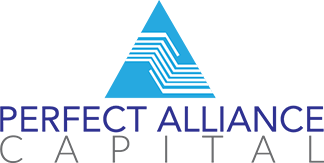Many American people serve in the military. People join because of their patriotism, the desire to help others or the benefits that come with military service. While some people participate in the military for their entire careers, many only serve for a set period of years. Once veterans leave the armed forces, they must decide how to support themselves, since most are too young to rely solely on their pensions. Some people decide to start their own businesses based on ideas that they have had for a long time or that they developed during their military years. While many veterans are successful as entrepreneurs, veteran owned businesses may struggle with financing for the following reasons.
Lack of Knowledge About Options
Analyses of veterans’ businesses have shown that former military members have trouble getting the capital they need to start a business. One reason for this issue is that some veterans do not realize how many sources of financing there are. Most simply contact the large banks that they know to apply for loans. However, funding is available through government agencies and smaller banks. Veterans can also find investors and ask for start-up capital. This issue is not unique to veterans, but it does contribute to their financial difficulties.
Credit Score Concerns
Unless veterans were high-ranking officers, they probably did not have large salaries. Most active-duty service members also do not own their own houses, so veterans may have just taken out mortgages for their first home. These two factors often lead to lower credit scores. Most banks look at entrepreneurs’ credit scores when determining whether to offer loans, so veteran owned businesses may not meet the credit score requirements.
Low Available Capital
Most veterans do not have large supplies of cash when they apply for financing. This makes it difficult for banks to grant approval for loans, since they have no guarantee of payment if the borrowers cannot meet the terms of the loan. Entrepreneurs should consider saving money for several years before applying for loans. This could mean saving a percentage of their income from interim jobs while planning to start the business in a few years. Another option is to start the business in a low-cost manner, and then apply for a loan once it has generated enough profit. For example, if a veteran wanted to start a computer repair business, he or she could work from home until there is enough revenue to apply for a traditional loan.
Veteran owned businesses may struggle more with financing, but with education and perseverance, these businesses can incredibly profitable.


